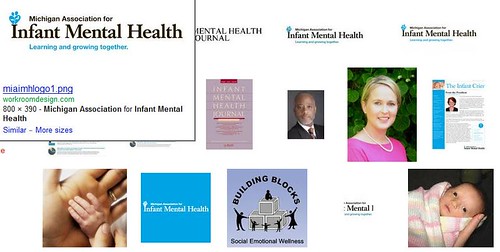Kellye Campbell, ARNP at KMHS, passed on this information about a service available in Seattle but which has roots in the Olympic Peninsula. -gw
I want announce a new referral source for moms with postpartum depression/anxiety and their babies called BabyLink. Groups will start in Seattle this fall. This is a postpartum depression support/ infant massage group developed by Marian Birch, DMH. She and her partner have been running this group in Port Angeles, WA for the past five years. Last year, I observed and evaluated this group as part of my post-doctoral fellowship at the UW Center for Infant Mental Health.We are really excited to be replicating this group as there are no groups like this in Seattle right now. The program not only helps decrease depression in moms but also has many benefits for babies. Importantly, it can also help improve the relationship between moms and babies.There will be two groups offered, a pro-bono group and a fee group for moms who can afford to pay. The attached flyer gives more details both groups. They will be on Capital Hill at Cooper House (http://cooperhouse.org/index.html) and led by health care providers trained in infant mental health and infant massage.Recap:What: BabyLink: A Postpartum Distress Support Group and Infant Massage.Who: For moms with postpartum distress and their babies. Babies must not be crawling (they are hard to engage with infant massage once they start to crawl).When: Groups will start this fall when we have enough referrals.If you have any referrals please have them contact Lisa Mennet at 206-402-3099. You can also contact me if you have any questions. If you would like to have flyers sent to your office/clinic, please let me know.Thank you,Michele Kulbel, DNP, ARNP


